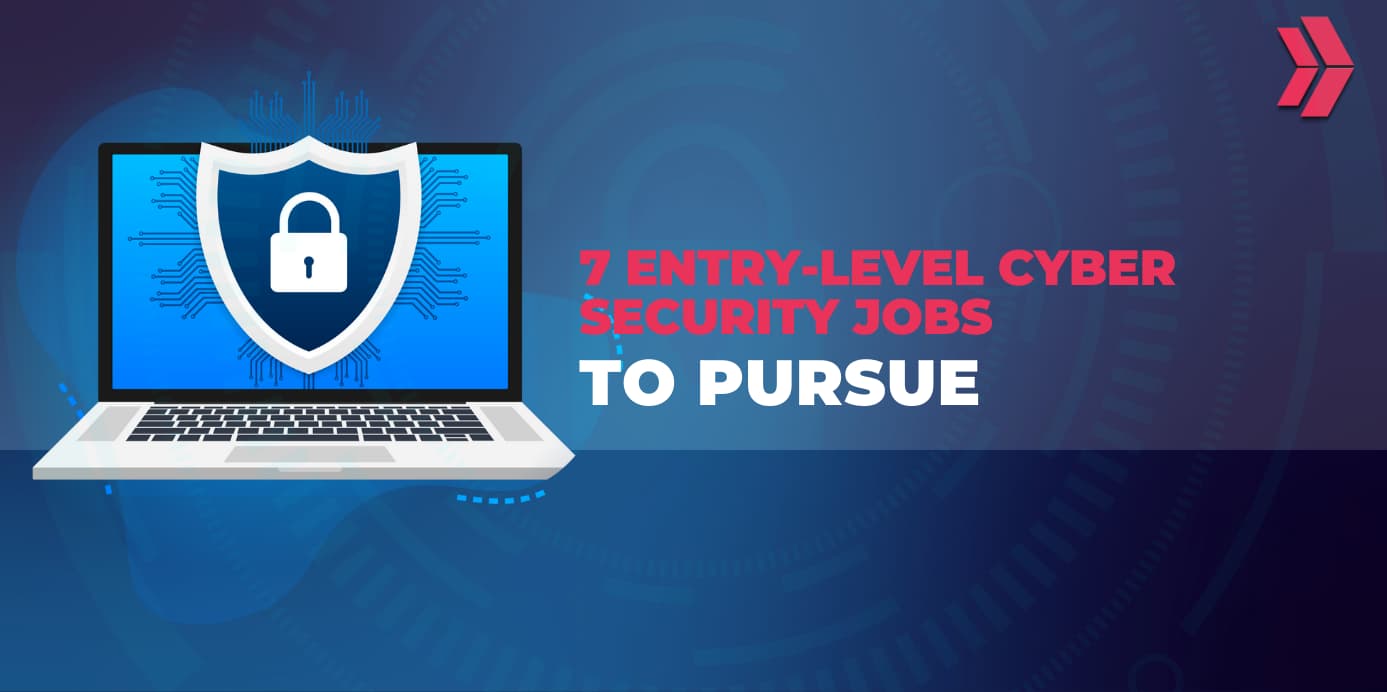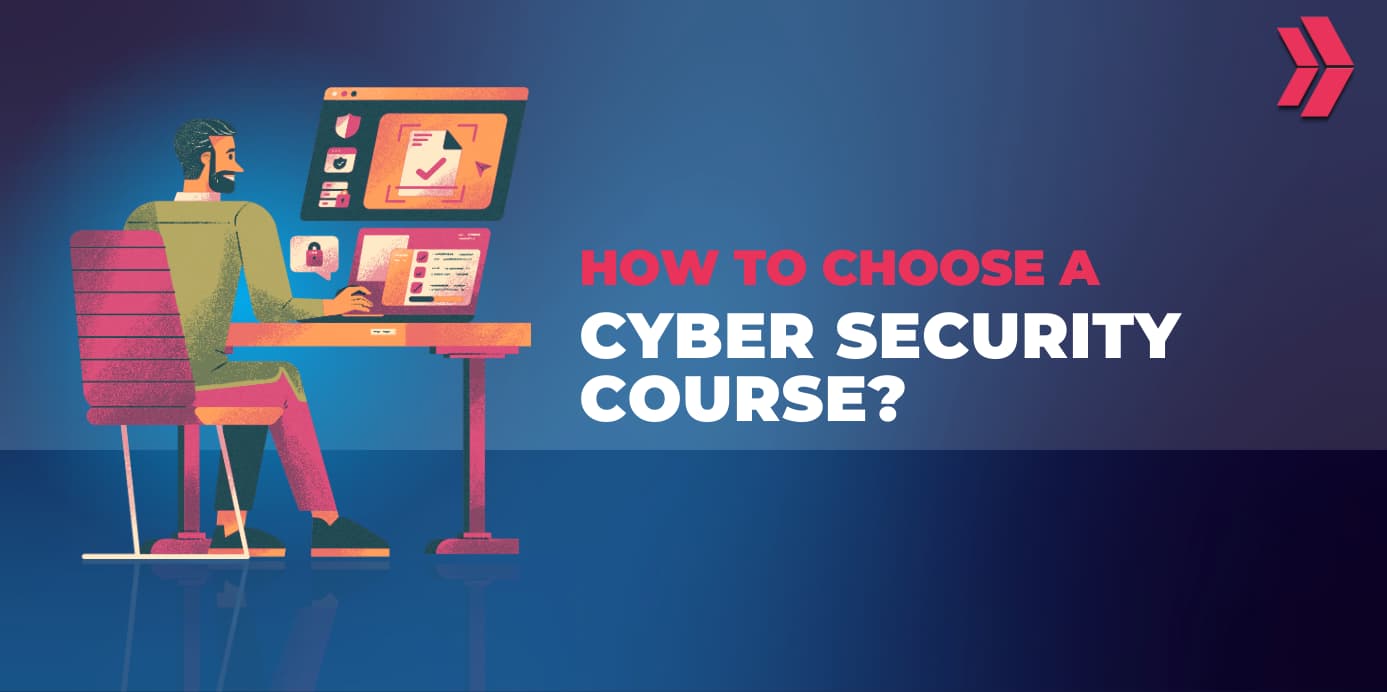Security architects play a crucial role in defending virtual fortresses or securing digital systems and networks. In the ever-accelerating world of digital innovation, the significance of data security and confidentiality is continually heightened. The role of security architects, in this context, has been thrust into the spotlight as a critical factor in safeguarding our online assets against a multitude of threats.
The development and implementation of an information protection strategy, underpinned by a robust security architecture, is the cornerstone of ensuring the integrity and safety of our digital sphere. This strategy encompasses advanced threat detection and the use of intrusion prevention systems. The architects of these security systems design resilient structures and methods to navigate and counteract the complexities of cybercrime.
A robust security architecture is essential in designing and maintaining the integrity and security of our digital world. Therefore, security architects create resilient security architecture and frameworks to defend against the complex challenges of cyber offenses. Their work extends to conceiving, formulating, and managing a business’s IT security infrastructure. By crafting a digital stronghold complete with encryption techniques, they preempt potential vulnerabilities and intrusions, thereby fortifying the digital landscape against breaches.
Security architects are fundamental to a company’s cybersecurity governance as experts in cyber risk management and incident response management. Their roles are pivotal in establishing a secure digital environment, making this profession a promising and rewarding career within the cybersecurity sector. This article will delve deeper into the crucial responsibilities, job description, and immeasurable impact of security architects in maintaining data security and responding effectively to data breaches.
What is a Security Architect?
A cybersecurity architect is an expert in charge of designing, executing, and maintaining an organization’s security architecture and overseeing overall security posture.
A security architect -also known as an information security architect, security solutions architect, or information assurance designer- is mainly responsible for keeping sensitive digital assets secure and preventing security breaches.
What does a Security Architect do?
The role of a security architect is vital in ensuring the security and integrity of an organization’s architecture. A security architect job description includes the following 7 duties:
- Designing a functional security blueprint that is easy to implement.
- Security architect responsibilities cover assessing and managing risks.
- Developing solid designs of multi-factor authentication, authorization, and accounting.
- Thinking like a threat actor and maintaining security policies and procedures.
- Devising solutions that could respond to future threats and problems.
- Keeping up-to-date with recent developments.
- Utilizing methods and data from cyber threat intelligence to enhance counterintelligence initiatives.
Different Types of Security Architect Roles
5 types of security architect roles focus on different specific requirements as follows:
Product Security Architect
A product security architect focuses on safeguarding specific products or services. Their responsibility is to guarantee security standards and regulatory compliance in the industry.
Software Security Architect
Software security architects are responsible for taking the necessary code-level precautions to identify and mitigate architectural vulnerabilities. They create more resistant software against cyber threats and introduce secure coding practices.
Application Security Architect
An application security architect concentrates on designing and implementing application-level measures throughout the secure development lifecycle.
Network Security Architect
A network security architect develops and deploys network-level security measures like intrusion detection systems and firewall configurations. They analyze network traffic and offer solutions to secure networks, for instance, Distributed Denial of Service (DDoS) mitigation.
Cloud Security Architect
A cloud security architect puts all efforts into securing cloud-based infrastructures and services. They develop a specific cybersecurity strategy to meet cloud environment needs and prevent cyber attacks in line with zero trust architecture.
How does a Security Architect Contribute to a Company’s Cybersecurity?
A security architect develops strategic planning and a roadmap to improve an organization’s security posture. Besides, they help to establish incident response plan to mitigate cyber attacks in the event of a security breach and to manage post-incident review.
Similarly, a security systems designer establishes and enforces security policies and standards to prevent cyber threats. They ensure security compliance with related regulations and laws.
A cybersecurity architect tries to raise awareness and establish a security-conscious environment. In this context, they focus on security training to eliminate the risk of human error.
A cybersecurity designer uses threat modeling to evaluate possible threats and assess the capability of responding.
A security architect works together with key stakeholders within the organization to identify and give priority to critical business functions.
Moreover, insider threat management is the thing that makes an architect distinctive. All measures mentioned above address the external threats, but security architects also consider internal threats and design the required architecture.
What Skills Are Required to Be a Successful Security Architect?
To be successful, a security architect must possess a combination of technical and soft skills.
What Technical Skills A Security Architect Should Have?
There are various technical knowledge and skills required for a security architect, as follows:
Network and System Security
An IT security architect should possess knowledge of systems, networks, and clouds of the following topics:
- Security governance,
- Cybersecurity mitigation,
- Malware protection,
- Patch management,
- Identity and access control,
- Penetration testing,
- IT risk management,
- Encryption technologies,
- Security architecture review,
- Operating systems,
- Databases,
- Firewall/IPS/IDS.
Vulnerability Assessment
Security Architects should conduct thorough vulnerability assessments and penetration testing methodologies. They use automated tools and manual testing techniques to identify and analyze security weaknesses.
Infrastructure Security and Tools
Infrastructure security encompasses many hardware, software, and processes to protect digital assets, such as identity and access management (IAM), behavioral analytics, application security, and various security information and event management (SIEM) systems.
Frameworks and Standards
A cybersecurity architect should have in-depth knowledge of security frameworks and industry-specific standards like the National Institute of Standards and Technology (NIST), Open Group Architecture Framework (TOGAF) and ISO 27001. Additionally, they should ensure compliance with the related standards and rules.
Programming and Scripting Languages
By leveraging their coding and scripting skills, Security Architects can automate tasks, promote secure coding practices, customize security solutions, and conduct thorough testing and validation.
What Soft Skills A Security Architect Should Have?
To effectively promote security initiatives within the organization, a security architect must exhibit excellent interpersonal security architect qualifications as follows:
Analytical Thinking
Security architects must possess critical thinking and problem-solving capabilities to detect potential threats and create necessary solutions and strategies. Moreover, architects must pay close attention to details.
Communication
Cybersecurity designers should have verbal and written communication capabilities to convey intricate security concepts to various individuals, including non-technical people. Also, cross-functional collaboration with teams and management is vital for achievement.
Ethics and Professional Conduct
Architects must follow professional codes of conduct regarding ethical considerations, including abiding by applicable regulations and standards, upholding confidentiality, respecting privacy, and reporting unethical behaviors. These actions contribute to the creation of an improved environment.
Management and Professional Guidance
Security architects are responsible for consolidating all security efforts to safeguard the organization against cyber threats. They also oversee the implementation of comprehensive cybersecurity measures. Additionally, they should offer expert guidance to train and expand the knowledge of personnel.
Continuous Learning and Adaptability
Constantly evolving threat landscape forces security architects to be up-to-date with the latest security trends. In alignment with security strategies, continuous learning and quick adaptability to new challenges are crucial to protect organizations from cyber attacks.
How to Become a Security Architect?
Security Architect career path is a combination of proper education, related certifications, and experience in the field.
Educational Path for a Security Architect
A solid educational foundation is indispensable for a security architect. According to CyberSeek, 69% of the security architect jobs listed online for security architects require a bachelor’s degree. In comparison, 25% of jobs require a graduate degree in cybersecurity, IT, or computer science. Traditional education is essential for gaining extensive knowledge and robust educational background.
Alternatively, bootcamps offer security architect training with a job-oriented curriculum in a relatively shorter time than traditional education. However, a cybersecurity architect role is a senior-level position, and a strong background is required. With related experience, cybersecurity bootcamp training will be useful.
Security Architect Certifications
Industry-recognized cybersecurity certifications validate your expertise and commitment to the field. Here, we will mention the top five security certifications that enhance your professional portfolio:
Certified Information Systems Security Professional (CISSP)
International Information System Security Certification Consortium (ISC²) offers (CISSP) Information Systems Security Architecture Professional (ISSAP) certification that validates your skills in designing, implementing, and managing security controls and solutions.
Defensible Security Architecture (GDSA)
The SANS Institute‘s GIAC (GDSA) certification validates your ability to design and implement security measures, in various areas, including cloud security, for a robust IT defense plan and architecture.
Certified Information Security Manager (CISM)
ISACA offers (CISM) certification, which proves your ability to develop, implement, and oversee solutions that align with an organization’s specific needs and objectives. You will also learn risk assessment and incident governance that an architect may require.
CompTIA Advanced Security Practitioner CASP)
CompTIA offers CASP certification, which would make you globally recognized and assists in applying security solutions to complex environments and considering the implications of governance, risk, and compliance prerequisites.
Certified Cloud Security Professional (CCSP)
(ISC²) offers (CCSP) certification that reflects your knowledge and skills in designing and managing cloud infrastructures and resources. Additionally, this credential validates your expertise in security architect best practices and standards.
Gaining Experience in the Field
Practical experience is a valuable complement to education and certification. Security architects need to have hands-on experience, as it enables them to identify and develop practical solutions.
Transitioning from lower-level roles like network administrator or security analyst is often necessary to comprehensively understand the security architecture. Consequently, security architect entry-level jobs provide excellent opportunities to begin a career in the field.
Being an architect requires a specialty in network and cloud security, incident response, vulnerability assessment, incident handling, and data privacy design.
Security Architect vs. Cybersecurity Analyst: What’s the Difference?
A security architect is different from a cybersecurity analyst. A security architect designs secure systems and networks to protect digital assets. On the other hand, a cybersecurity analyst focuses on monitoring and incident response processes.
Similarly, a security architect and a security engineer have different job descriptions. Simply put, an architect has a senior role and sets the vision for all combined security efforts, while a security engineer puts them into practice.
How much does a Security Architect Salary?
The security architect salary is quite satisfactory. According to CyberSeek, the average cybersecurity architect salary is $151,547 annually. However, Comparably mentions that senior security architect salary range from $152,000 to $228,000 in the U.S. annually.
Of course, various factors influence salary ranges, such as industry, job role, geographical location, certification, experience, and skills.
Moreover, security architect career prospects are promising. As stated in the 2022 Dice report, there was a 7.7% rise in demand for security architects compared to the previous year; the potential for salary growth is expected to increase.
What are the Security Architect Job Opportunities?
Security architects, varying by organization, can work in-house or by outsourcing. Also, employees may work on on-site, remote, or hybrid models. In this context, information assurance designers may work in:
- Government agencies,
- Private sector companies in various industries, including finance, healthcare, technology, and education,
- Consulting firms,
- Academics/Research and development.
FAQ
Why is having a Security Architect important for an organization?
It is important for an organization to have a Security Architect for the following reasons:
- The responsibilities of a security architect primarily revolve around developing the secure design of networks and systems to preempt and prevent cyber threats.
- They establish a strong foundation and enhance the security posture of an organization.
- Security architects ensure compliance with the related regulations and laws.
- They promote security awareness in the workplace and plan training at regular intervals.
- Cybersecurity designers help create and revise disaster recovery and business continuity planning to be prepared for potentially disruptive events.
What are the top Companies Hiring Security Architects?
- Cybersecurity and Infrastructure Security Agency (CISA)
- Amazon Web Services (AWS)
- Google Cloud Platform (GCP)
- Microsoft Azure
- IBM Security
- Check Point Software Technologies
- Palo Alto Networks
- Cisco Systems
- Juniper Networks
- Fortinet
- RSA Security
- Symantec
- CyberArk
- Kaspersky Lab
What does a day in the life of a Security Architect look like?
The daily routine of a security architect encompasses strategic planning, technical analysis, and collaboration. Most of the time, they review vulnerabilities and weaknesses. Later on, they develop security architecture designs and risk assessment policies. Also, security architects effectively collaborate across different teams and management, coordinating security issues and providing guidance. Furthermore, they create time for personal development to follow current events, security trends, and regulatory changes.




